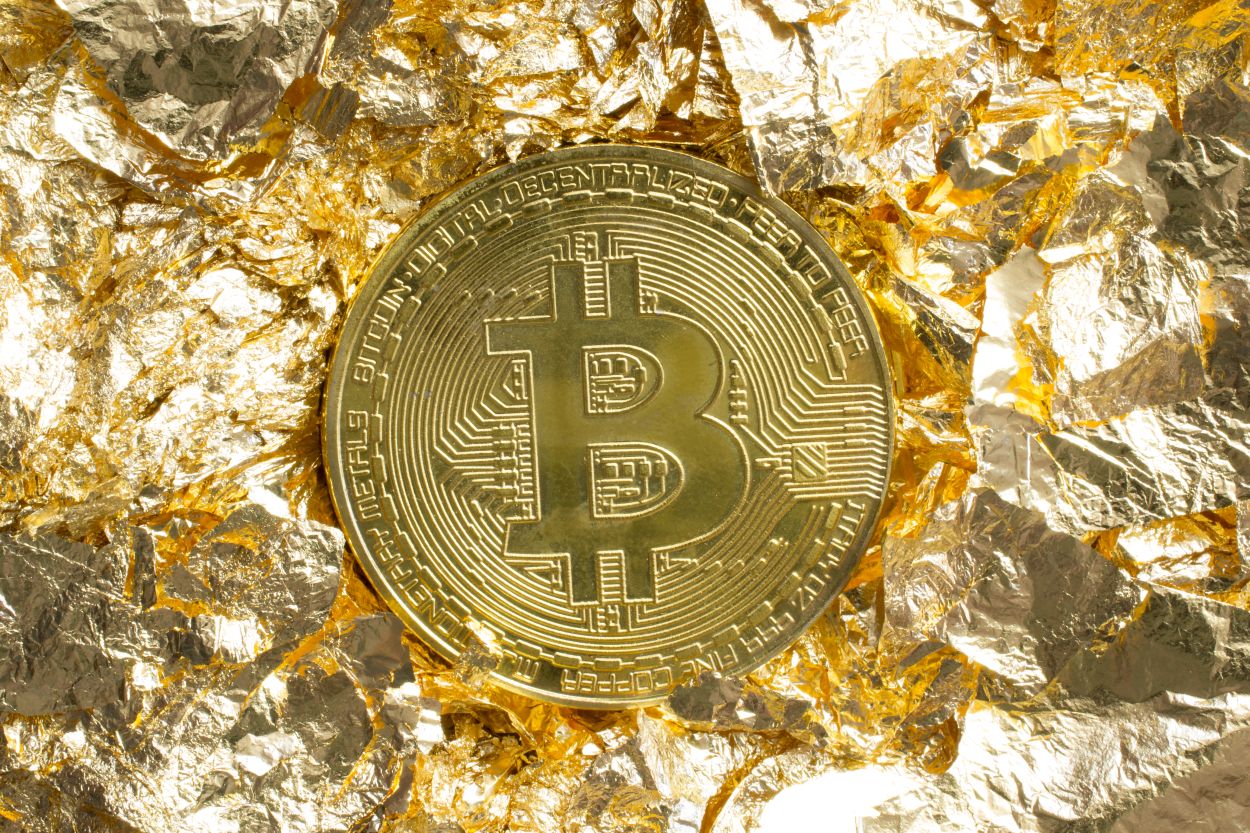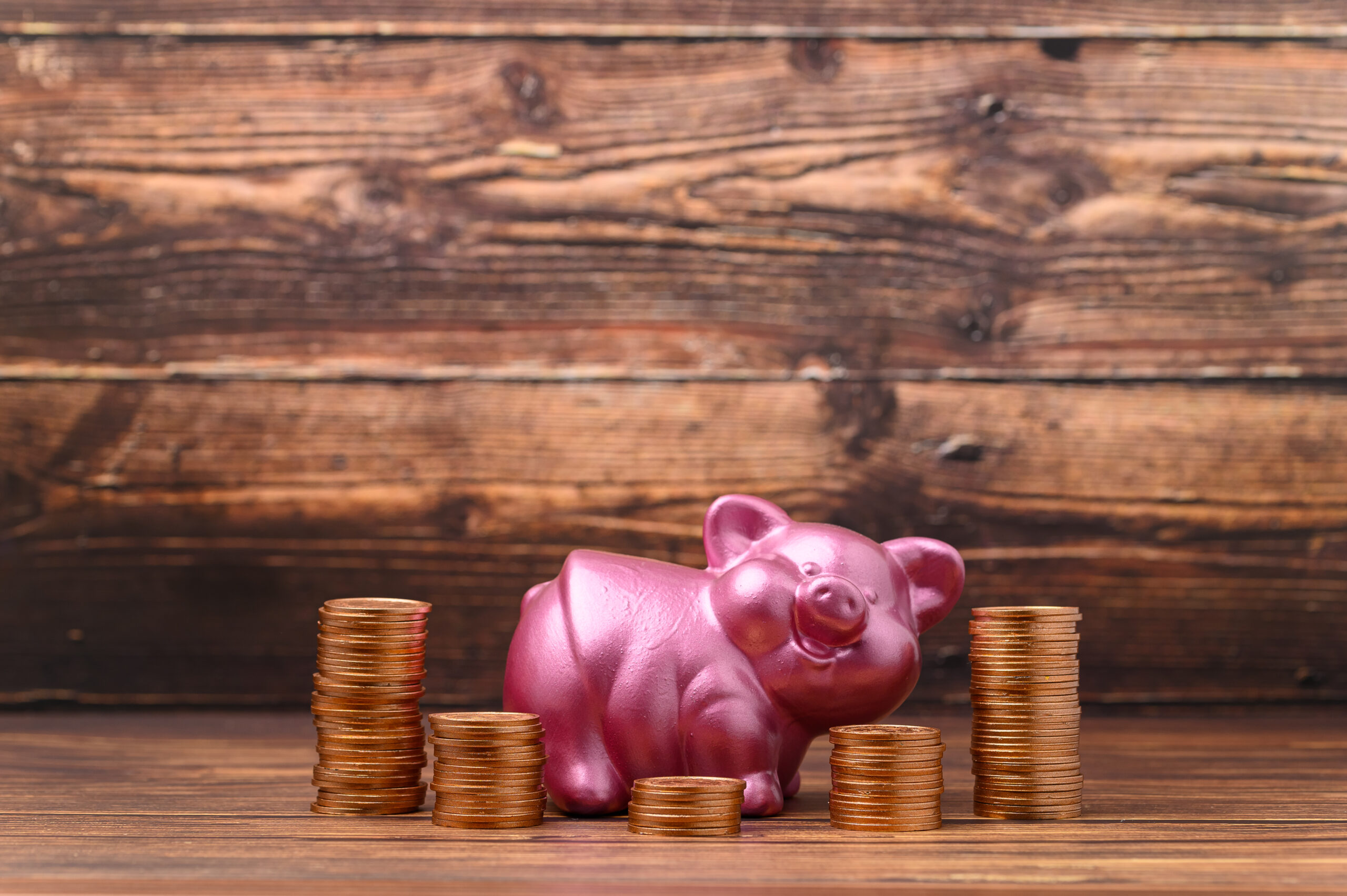Consumer price inflation eased to 5.8% in August from 6.1% in July, but prices continued to increase month-on-month. It is too early to talk about the actual deceleration of inflation. Inflation will continue to be high in the coming months Inflation eases, but it is too early to talk of a real slowdown Consumer price inflation stood at 5.8% in August, compared with 6.1 % in July, due to falling energy prices (from 28.5% to 22.2% YoY). The harmonized index, important for the European Central Bank, stood at 6.5% compared with 6.8% in July. If this falling inflation figure can be taken as good news, it implies an adverse price movement for more than a month: between July and August, consumer prices rose 0. %, compared to 0.3 between June and July. This suggests that it is still too early to talk about the actual deceleration of inflation. In particular, food prices increased sharply in August. Due to the end of summer sales, the prices of manufactured goods also increased again. Inflation will remain high for the next few months Going forward, the question is how the recent high energy prices will affect consumer price inflation. The government’s „tariff shield” on gas and electricity prices helps prevent households’ energy bills from being affected by recent changes in market prices. However, the current mechanism is expected to end at the end of 2022. Although the government wants to reintroduce the consumer protection measure by 2023, the mechanism could evolve and lead to price increases. household energy bills, even if they may be lower than observed increases. on the market. This will have the effect of keeping inflation high in 2023. In addition to the direct impact on energy bills, higher market gas prices could increase costs for businesses, leading to further core inflation. . However, a sharp drop in demand leads to a reduction in the pricing power of companies, which will be less likely to drive up costs. In short, the volatility of energy prices makes it difficult to tell if inflation has peaked, but it is certain that it will remain high in the coming months. With an expected recession (GDP is expected to shrink by 0.2% for the whole of 2023) and a slowdown in demand, inflation should then taper off into 2023, but the extent of the decline will depend on the measures the government takes to protect households. Since inflation in France has increased less than in the rest of the euro area in 2022, the underlying effect will be less favorable for France than its neighbors in 2023, which will likely leading to higher inflation in France than in the euro area in 2023. Ultimately, inflation should be above 5% for the whole of 2022 and close to 3.5% for the whole of 2023. However, it should return to about 2% by the end of 2023, as long as energy prices do not rise further from current levels.
France: CPI down 0.3%, but ING Economics forecast inflation to remain high




